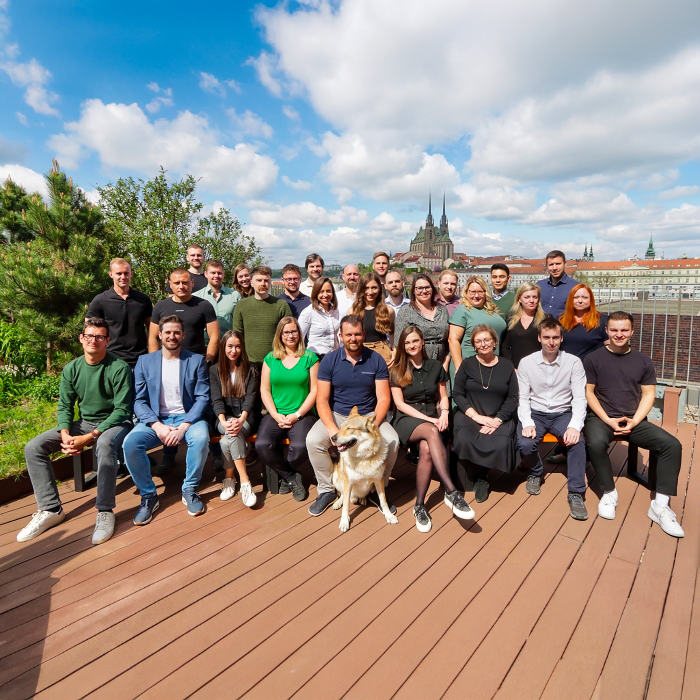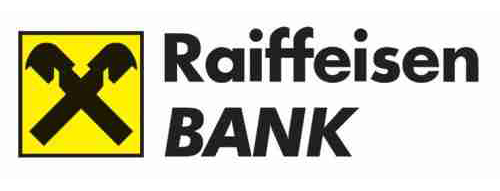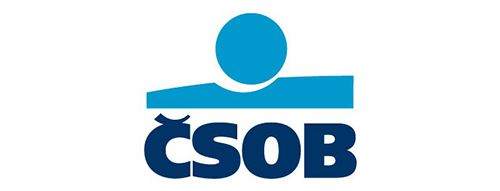First ONLINE mortgage
Instantly compare and arrange mortgage from the comfort of your home, without the need of personal appointments. Everything fast and online! Save an average of over CZK 70,000 with us. We’re mortgage loans specialists.
Step by step
We’ll set you up with mortgage banking where you can choose your best mortgage. We’re updating the interest rates several times a day so you always have the most up-to-date options.
With the help of an online mortgage specialist, you can arrange a mortgage in your banking from the comfort of your own home, without the need for personal appointments.
We monitor and compare current mortgage refinancing options and send them to your banking so that you always have the best mortgage.
Reviews from our clients
I am very satisfied, my consultant delivered everything he promised and maybe a little more. Everything was handled quickly online. Thank you and I recommend it to everyone.
”Thanks to the professional and empathetic approach of the specialist, we are really satisfied with the result after a difficult decision and many adjustments, I dare say. Thank you.
”With hyponamir, the loan or mortgage is easier, I recommend it
”Why we are better
We do mortgages the new way.
Reap the rewards of working with us.
Bank
- Focuses only on own products.
- Wasting time in personal meetings.
- Mortgages are neglected in banking and relevant information is missing.
- It will give you a list of required documents, you will not find support in it.
- It is limited by its methodology. Not all cases can be solved.
- After signing the contract, bank is not interested in improving the conditions for you.
- Bank won't disclose the fees to you, it's up to you to gradually reveal them.
- Lengthy offer up to several days without comparison.
- You communicate and document everything yourself.
-
We know the whole market – we'll find the best offer.
-
You can arrange everything online from home.
-
Unique mortgage banking.
-
We deal with the administration and bureaucracy for you.
-
We can also handle complex cases that banks can't handle.
-
The best mortgage for the entire repayment period thanks to our Watchdog service.
-
We uncover hidden fees and highlight them.
-
The best offer in a few minutes.
-
We take over communication with real estate agents and lawyers.
Out of 25,000 mortgages, we'll find the right one for you
We’ve developed our own technology that helps us to find the right mortgage option from over 25,000 mortgages on the market.
We’re ready for you to fight for a better mortgage
We want to make it easier, faster and more convenient for you to get the best deal on a mortgage. As online mortgage specialists, we are aware that we must work exceptionally hard to earn your trust.
We are fully regulated by the Czech National Bank and The Office for Personal Data Protection. It goes without saying that all our specialists are qualified, experienced and friendly.
We’ve developed technology that allows us to compare over 25,000 mortgage loan combinations to make sure you always get the best deal. Moreover, we’ll partner with you throughout the entire term of your mortgage so that you don’t miss out on any extra payments or possibility to refinance.
Like all mortgage brokers, we’re paid by the banking houses and will never charge you any extra fees. We are here for you anytime, anywhere.

We'll find you the cheapest mortgage
It is a superhuman task to compare thousands of mortgage options in a short time and choose the most advantageous one. That’s why we’ve developed a technology that will do the mortgage comparison for you in a flash and find the best ones on the market. Apart from the interest rate offered, you can also compare other loan parameters such as the fees charged by mortgage providers very easily. You will appreciate the mortgage comparison not only when choosing your first home loan, but also when refinancing your mortgage.
If you choose one of the mortgage loans on offer, you can arrange it quickly and from the comfort of your home in our online mortgage banking. Experienced mortgage specialists will help you arrange your mortgage online and will be able to handle even the more complex financing cases. Thanks to our wide range of loans, we have a mortgage to suit everyone.
We're not just a mortgage compare site
Signing a loan agreement is not the end of your mortgage worries. To keep your interest rate as low as possible throughout the life of the loan, you can use the Mortgage Watchdog service. We will monitor the terms of your existing mortgage free of charge and without obligation. We will notify you by email or phone in good time about the cheapest mortgage refinancing option, which will bring you, for example, a better interest rate, lower monthly payments or a reduction in the total term of the mortgage.
Together with the mortgage, you can also arrange property insurance with us. Our experienced insurance specialists will advise you on the main differences between the different insurance offers, what to remember to insure and how to set the correct insurance amounts.
Mortgage insurance is also there for you if you are still looking for your own home. Just let us know what kind of property you are looking for and we will be happy to present you with the current offer of flats, houses and building plots from our internal database. You can also check the current price of the property you are buying or selling for free, quickly and online.











